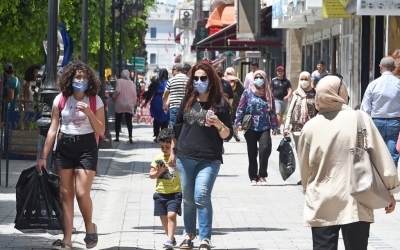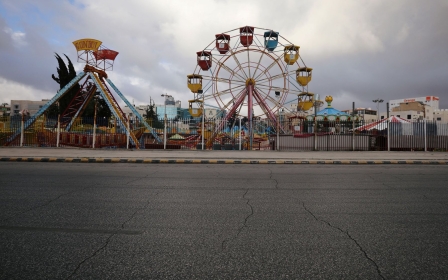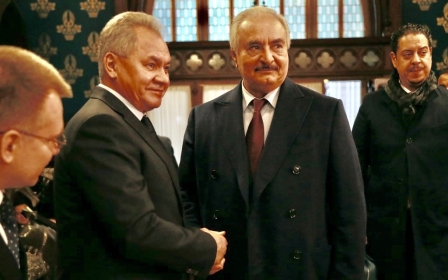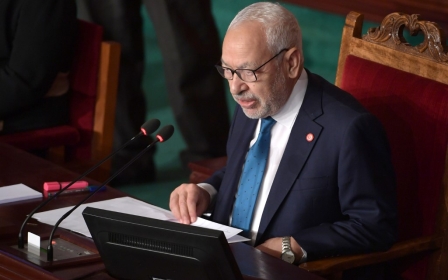Coronavirus: Tunisia lifts nationwide curfew as infection rates continue to decline
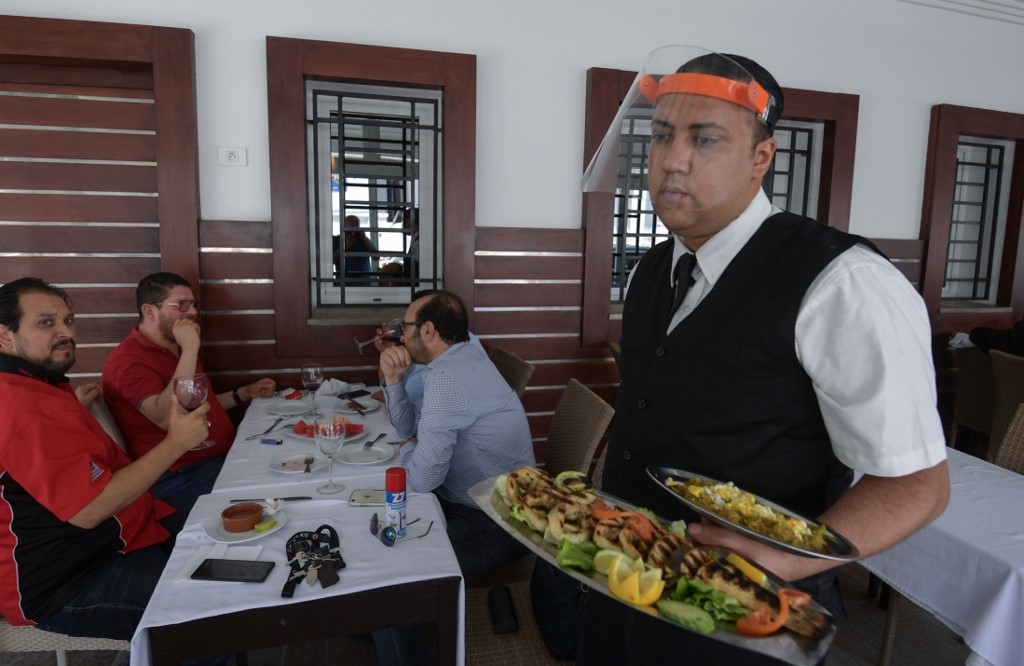
Tunisian President Kais Saied ordered the lifting of a nationwide curfew on Monday after health authorities said the country was continuing to see a decline in coronavirus infections.
Tunisia has not reported any new Covid-19 cases since Friday and only 1,087 cases since March, including 49 deaths.
The North African country has already reopened shops, businesses, mosques, cafes and hotels after locking down nearly all normal business activity for months.
The curfew had been originally set from 8 pm to 6 am, but was shortened to 11 pm to 5 am in mid-May, after three-days of no reported cases.
Tunisia entered the novel coronavirus crisis with only 500 intensive care beds equipped with ventilators, and the government said at the start of the outbreak the health system would struggle if it had to deal with more than 5,000 cases.
It has since added another 100 intensive care beds, including a temporary facility at a sports centre in the capital, Tunis, and has improved readiness at public hospitals around the country, according to Jalila Ben Khelil, a member of government's advisory committee.
The government also introduced a contact-tracing application last month, aimed at identifying and alerting users if they have been in close contact with someone who has tested positive for the novel virus.
City and town centres across the country have become busier since the lockdown was relaxed and a wider range of shops were allowed to reopen, with markets crowded and public beaches busy.
The Tunisian government has announced that it will start allowing tourists to enter the country from 27 June.
Still, travelling between Tunisia and other countries will depend on other governments and their coronavirus measures, authorities have said.
Middle East Eye delivers independent and unrivalled coverage and analysis of the Middle East, North Africa and beyond. To learn more about republishing this content and the associated fees, please fill out this form. More about MEE can be found here.


